Zhejiang Guangsha, the only team that has openly declared their championship aspirations for the new season, is now starting to feel like their dreams are becoming a reality. So far this season, all teams that have made it into the top 12, except for Shanghai, have faced Guangsha, but most have ended in defeat or with a record of one win and one loss. This fully demonstrates that the new Zhejiang Guangsha team indeed possesses the strength to once again challenge for the championship title, especially when facing their provincial derby rivals, Zhejiang Chouzhou. In the second quarter, they found themselves trailing by 18 points, but the team remained calm and methodical, ultimately completing a remarkable comeback through defense. Besides the outstanding performance of the small foreign aid, Barry Brown, this feat was closely related to the bold personnel decisions made by head coach Wang Bo.

Prior to the game, Zhejiang Chouzhou received unfavorable news as their big foreign aid, Bass, was cut from the registration list announced on the 12th. Whether they were following in the footsteps of Simmons or seeking new foreign aid for the team, it would undoubtedly have some impact. Fortunately, both Yu Jiaho and Cheng Shaipeng, who had been injured, returned to the game. However, while cutting the big foreign aid, Wu Qian remained injured, and Liu Zei, an indispensable power forward for the team, was also unable to play due to injury. This had a certain impact on Zhejiang Chouzhou's rotation, and even more unexpectedly, they managed to lead by as many as 16 points in the first quarter and up to 18 points against Zhejiang Guangsha in the second quarter. If not for Sun Minghui's first-half performance of 15 shots, 6 hits, including 8 three-pointers, 4 hits, 2 free throws, 2 hits, scoring 18 points, 2 rebounds, and 2 assists, the game might have turned into garbage time by halftime.
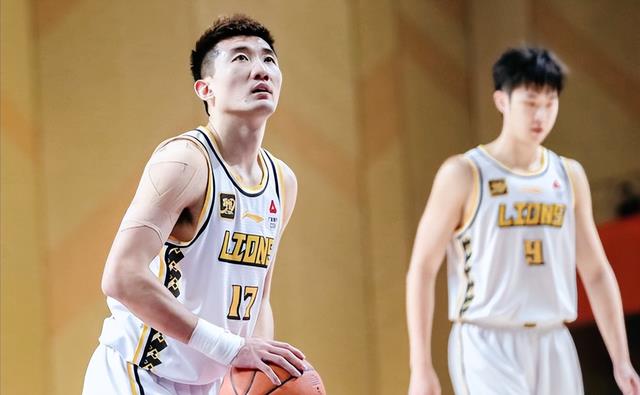
Coach Wang Shilong may have wanted to win this game too much, which sometimes can be counterproductive. In this game, among the 12-man roster of Zhejiang Chouzhou, apart from the small foreign aid Simmons, Liu Shuangyu, Zhou Yishan, Zhang Jiayu, and Wang Yilin, who could provide support on the guard line during Yu Jiaho's injury period, did not receive a single minute of playing time. Throughout the game, Coach Wang Shilong persisted with a seven-man rotation. Apart from the two starting foreign aids, York and Jones, domestic players Lu Wenbo, Wang Zilu, and Wang Yibo were somewhat disadvantaged in terms of height. However, surprisingly, Wang Shilong's small lineup worked well at the start of the game. Zhejiang Guangsha, not adept at playing fast, fell into Chouzhou's offensive and defensive rhythm and spent the first half chasing points. But unexpectedly, throughout the game, apart from the five main starters, Wang Shilong only allowed the recently recovered Yu Jiaho and Cheng Shaipeng to enter the substitute list. Although this established a certain advantage in the first half, when physical fatigue set in during the second half, the team lost its rhythm on both offense and defense.
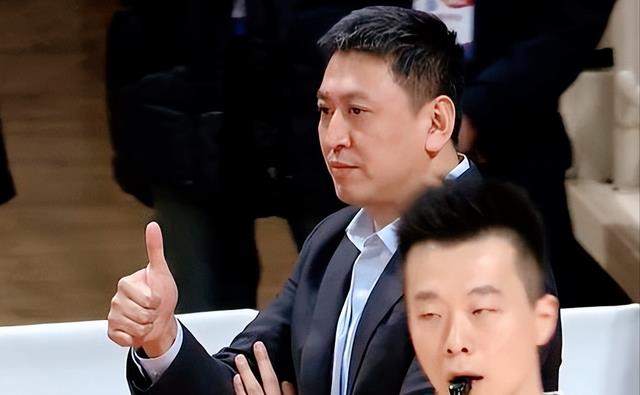
This was the primary reason for Zhejiang Chouzhou's collapse in the second half. They simply lost due to insufficient stamina in the end. Although young, Yu Jiaho had just come out of the shadow of his injury, and he should have been allowed to adaptively play for about 20 minutes in the first game. However, in this game, Yu Jiaho played for over 30 minutes. Except for Cheng Shaipeng, whose playing time was below 30 minutes, everyone else played for over 30 minutes. Additionally, the starters Lu Wenbo, York, and Jones all played for over 38 minutes. As an outside three-point shooter, Lu Wenbo has excellent stability in his three-point shooting, but unfortunately, he only managed 1 out of 7 shots in this game. Of course, this result was not just due to this game; Lu Wenbo also played over 40 minutes in the previous game against Beijing BAW, with unsatisfactory results. This season, Lu Wenbo has averaged 31 minutes per game, especially during the periods when Wu Qian and Cheng Shaipeng were injured, where he almost always played over 40 minutes.
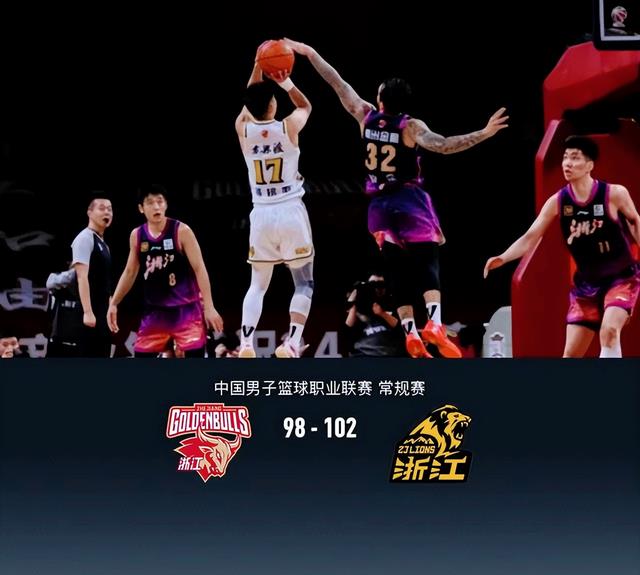
Therefore, when Zhejiang Chouzhou used their speed advantage to surpass Guangsha in the first half, they also experienced a drop in speed due to fatigue in the second half, allowing Zhejiang Guangsha to successfully overtake them. It should be noted that among the 20 teams in the entire league, Zhejiang Guangsha is the best at playing in set-piece situations. If they cannot establish a significant lead using their speed advantage by halftime, it is basically impossible to defeat Guangsha when their energy is depleted in the second half. For Coach Wang Bo, the biggest change in recent games has been his willingness to use "newcomers" at critical moments. Previously, Wang Bo's approach to personnel selection was similar to Wang Shilong's, but in this game, Wang Bo gave Hu Jinqiu a lot of rest time, especially in the last quarter, using Hu Jinqiu and Wu Xiao as a "low-end version" of the twin towers, making Yu Jiaho very uncomfortable. He could not rely on his height to score effectively on offense, and on defense, he struggled with rebound positioning against Wu Xiao.
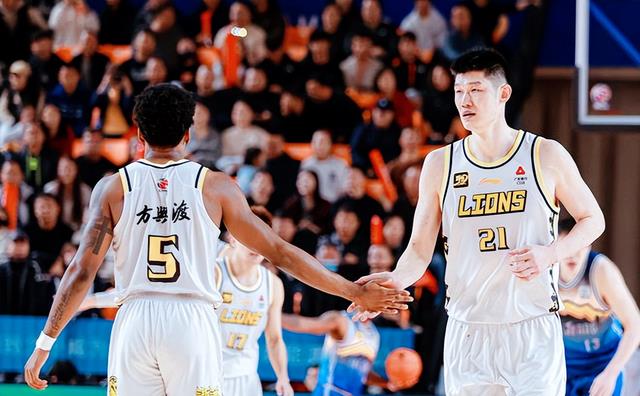
This change by Coach Wang Bo allowed Guangsha to gain an edge in protecting rebounds, especially on the offensive end, surpassing their opponents. In fact, Wang Bo was previously very cautious in his personnel choices, especially during intense periods of the game, where he rarely used newcomers, even if core players were struggling to keep up and were unwilling to be easily substituted for rest. However, in this game, not only did Hu Jinqiu get some rest time during the game, but in the decisive moments of the last quarter, Wang Bo actually paired Wu Xiao with Hu Jinqiu on the court, forming a backcourt duo with the small foreign aid Brown and Sun Minghui, and utilizing Zhu Junlong's defensive and rebounding advantages on the front line to firmly control the advantage in the last five minutes. Wu Xiao scored average points in this game, but his rebound protection was outstanding. Although his 8 rebounds were slightly less than Hu Jinqiu's 11, his 6 offensive rebounds were crucial to Guangsha's game reversal. If Wang Bo had insisted on using the core rotation and benched Wu Xiao in this game, the final outcome would have been uncertain.
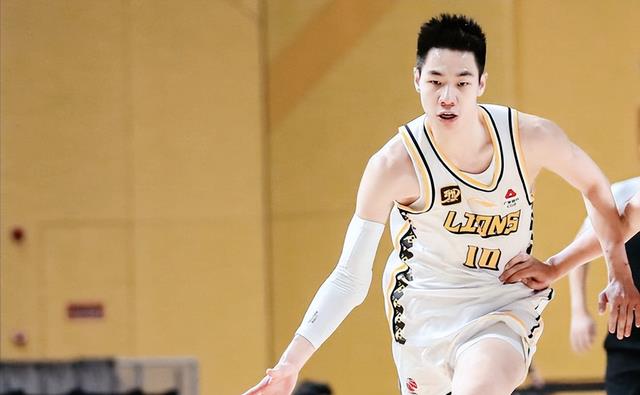
With a narrow 4-point victory over Zhejiang Chouzhou, Guangsha's championship-winning lineup has begun to emerge. Among the top 12 teams in the new season, except for Shanghai, Guangsha has faced most of them and has mostly defeated their opponents smoothly. Even when there were occasional one-win-one-loss records, it does not deny Guangsha's ability to overcome tough challenges. Looking at it this way, it seems that Guangsha's championship dream in the new season is no longer a mere wish but is likely to become a reality.